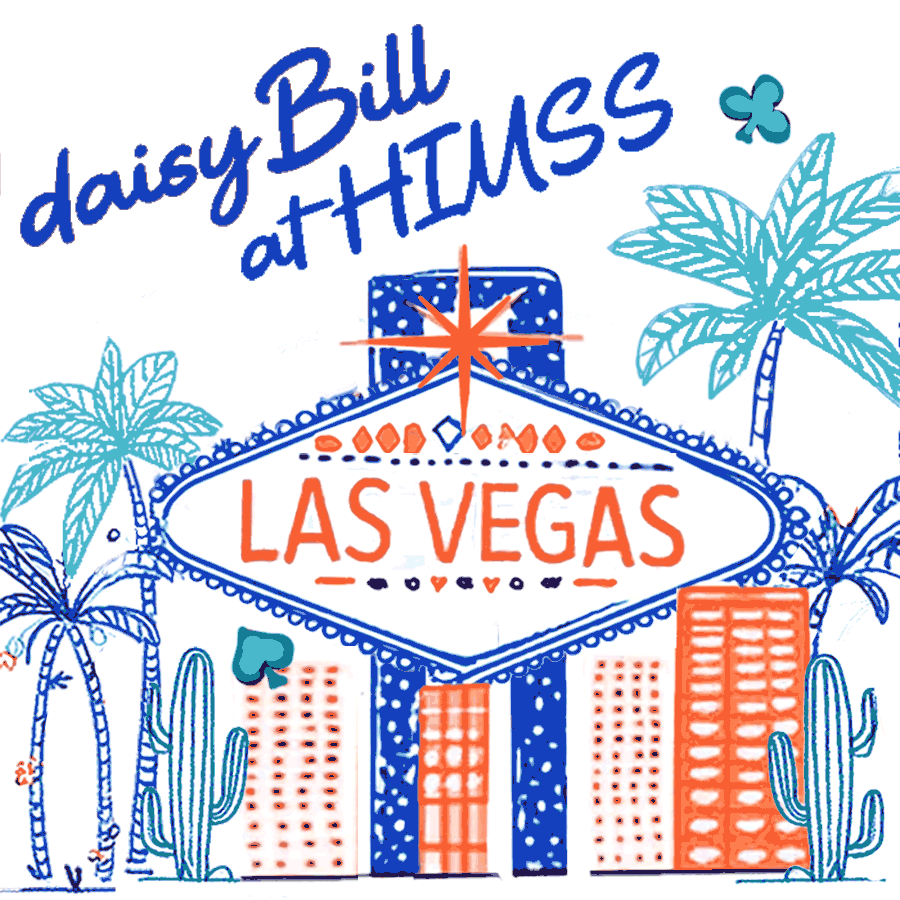CA Biller Shares Work Comp Payment Torture

At daisyNews, we write a lot about the reimbursement abuse inflicted on California workers’ comp providers. It can seem almost unbelievable how difficult it can be for providers to simply get paid for treating injured workers.
Key word: almost.
If there’s any doubt regarding how wantonly workers’ comp payment regulations are circumvented (or downright disregarded), don’t take our word for it. A medical billing service (not a daisyBill client) shared their experience with us in an email — and it echoes the experience of providers across California (and increasingly, other states):
“We have hundreds and hundreds (thousands?) of WC claims unpaid. There is not a carrier who is consistently paying authorized claims anymore.…All of them are denying saying no records attached (when they are) or that they ‘do not recognize’ the claims as theirs when it clearly is theirs. If the claims are submitted, they all deny as duplicates, even though they stated there was no claim on file or no records/auth. The entire industry has imploded with all of their workers working remotely. They have no access (or training or desire) to pay any claims. To receive payment ALL WC claims are submitted with records AND authorization, which is exhausting our manpower.”
Below, we unpack the systemic issues mentioned in the message above — and explain exactly how daisyBill utilizes technology to:
- Monitor payment denials and help providers navigate payer non-compliance
- Collect data as evidence of claims administrators non-compliance
- Submit formal Audit Complaints to the Division of Workers’ Compensation (DWC) to report noncompliance (253,471 submitted to date, and climbing)
As we’ve pointed out many, many times, there are almost zero consequences for claims administrators improperly denying bills. In fact, improper denials can be profitable, because the claims administrator keeps the reimbursement owed if the provider fails to timely undertake any step of the appeals process.
Confirmed Required Supporting Documents
“All of them are denying saying no records attached (when they are)...”
Claiming not to have received required supporting documents — sincerely or otherwise — is a common way claims administrators falsely deny providers’ bills. That’s particularly true of paper bills. With paper billing, there’s absolutely no way for the provider to prove the required documentation was included with a mailed bill submission.
But with workers’ comp e-bills, providers always have proof of documents sent with the e-bill.
For e-bills, the claims administrator’s clearinghouse is legally required to confirm receipt of both the e-bill and supporting documents by sending a 277 ACK electronic “receipt.” In other words, electronic submission generates confirmed proof of the precise documents sent to the claims administrator.
With e-billing, it is impossible for a claims administrator to falsely assert that documents were not included with the bill — because the provider can easily provide proof of the PDF documents sent and accepted by the claims administrator.
Most importantly, daisyBill technology tracks all the payment denial reasons cited by claims administrators. When bills are being improperly denied for missing documents, daisyBill submits Audit Complaints to alert the DWC to the claims administrator’s non-compliance.
False “Claim Not Found” Assertions
“...or that they ‘do not recognize’ the claim as theirs when it clearly is theirs.”
It’s easy enough for a claims administrator to say a given claim number wasn’t found in their system, kicking off a potentially lengthy dispute process to resolve the bill. Once again, e-billing technology offers a solution.
277 ACKs rejecting an e-bill cite the rejection reason with a standardized “STC” code. When the STC code indicates that the claims administrator rejected the bill due to an unknown claim number, daisyBill:
- Runs an automatic search to see if the claims administrator previously paid any other bills for the same claim number across all users and all bills.
- When the search confirms that the claims administrator processed other claims with the same identifying information (the claim is in fact “theirs”), daisyBill automatically resubmits the bill with a special cover letter proving the indisputable: the claims administrator already accepted responsibility for the injury in question.
Most importantly, daisyBill monitors e-bill rejection reasons sent by claims administrators. When bills are being improperly rejected, daisyBill submits Audit Complaints to alert the DWC.
False “Duplicate Bill” Assertions
“If the claims are resubmitted, they all deny as duplicates…”
Denying Second Review appeals as “duplicates” of the original bill is a common practice among some of the less scrupulous claims administrators. That said, Second Review appeals generally save practices an incredible amount of revenue.
Most importantly, daisyBill tracks false “duplicate” denials by claims administrators, and — you guessed it — we submit Audit Complaints to alert the DWC.
Through our software, all of the work described here is accomplished in less time than it takes to read the steps above. daisyBill monitors in real time how much is billed and how much is paid, and guides billers through the appropriate steps when things go sideways on the payer end.
While individual providers can use their practice payment data to take whatever action is required to get paid, daisyBill studies the aggregate data for all our clients to identify patterns of non-compliance — and reports this data to the DWC as evidence of systemic payment abuse.
Since April of 2022, daisyBill has submitted 253,471 Audit Complaints to the DWC on behalf of providers, providing hard proof of the kind of egregious behavior that makes it so hard for practices to treat injured workers.
No Consequences
The entire industry has imploded with all of their workers working remotely. They have no access (or training or desire) to pay any claims.
This is workers’ comp in California where claims administrators are monetarily incentivized by laws and regulations to deny payment for treatment provided to injured workers. If you fail to dispute false denials, the claims administrator keeps your reimbursement.
It’s not an implosion, instead its the logical outcome of a payment system where there are no consequences for failing to properly reimburse providers that treat injured workers.
Providers need the tools to protect practice revenue and keep the treatment of injured workers financially sustainable. Fortunately, the right technology exists to do just that.
daisyBill software, data, and expertise makes billing easier, faster, and less costly. Request a free demonstration below.
REQUEST DEMO
DaisyBill provides content as an insightful service to its readers and clients. It does not offer legal advice and cannot guarantee the accuracy or suitability of its content for a particular purpose.



